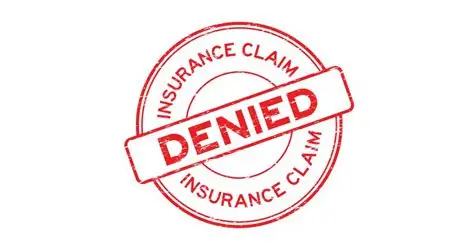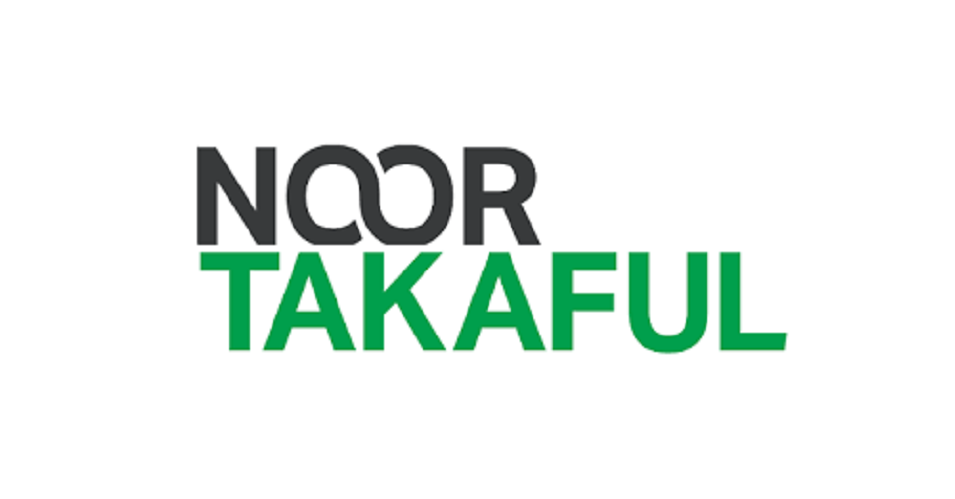Life insurance exclusions are specific conditions in your policy that can prevent your beneficiaries from receiving the death benefit—even after years of paying premiums. These secret clauses legally allow insurance companies in Nigeria, like AIICO, AXA Mansard, and Leadway Assurance, to deny claims under certain circumstances. Common exclusions include death due to suicide within the first policy year, illegal activities, acts of war, pre-existing conditions like HIV/AIDS or heart disease, dangerous activities, substance abuse, misrepresentation, and self-inflicted harm.
Understanding life insurance exclusions isn’t about being pessimistic; it’s about protecting your family from unexpected claim denials. This guide reveals the 7 most common exclusions in Nigerian policies, why they exist, and how to ensure your loved ones receive the financial security you’ve been building for them. Knowledge of these exclusions is your best defense against a denied claim.
What Are Life Insurance Exclusions?
Life insurance exclusions are specific conditions or situations listed in your policy that prevent your beneficiaries from receiving the death benefit. Insurance companies in Nigeria, like AIICO, AXA Mansard, and Leadway Assurance, include them to manage their risk and prevent fraud.
Think of it this way: insurance works based on predictable risks. A sudden, high-risk event that wasn’t accounted for can throw the entire system off balance. Exclusions help keep premiums affordable for everyone by ruling out claims from extremely high-risk or illegal activities.
Why Do Insurers Have These Exclusions?
Insurers are businesses, not charities. Their goal is to provide financial protection while remaining profitable. The National Insurance Commission (NAICOM), which regulates the Nigerian insurance industry, allows these exclusions to ensure companies can:
- Prevent Fraud: Stop individuals from buying a policy with the intention of making a fraudulent claim.
- Manage High Risks: Avoid covering events that are almost certain to result in a claim, such as engaging in extremely dangerous hobbies.
- Keep Premiums Low: By excluding certain high-risk scenarios, insurers can offer more affordable plans to the general public.
Without these rules, the cost of life insurance in Nigeria would be too high for the average person.
7 Common Life Insurance Exclusions in Nigeria You Must Know
While every policy is different, most Nigerian life insurance plans share a set of common exclusions. Let’s break them down with real-life examples.
1. Suicide Clause
This is one of the most common and misunderstood exclusions. Nearly every life insurance policy in Nigeria has a suicide clause that is active for the first 12 to 24 months after the policy starts.
- What it means: If the insured person dies by suicide within this initial period, the insurance company will not pay the full death benefit.
- Why it exists: It prevents someone from buying a large policy with the intention of taking their own life shortly after, leaving a massive payout for their family.
- What happens instead: The insurer will typically refund the total premiums paid up to that point, without any interest. After 24 months, a death by suicide is usually covered.
2. Death Due to Illegal or Criminal Activities
Your life insurance policy is not a getaway car for crime. If death occurs while you are committing a felony or any illegal act, the claim will be denied.
- Example: Imagine someone dies in a car crash while driving a stolen vehicle during a police chase in Abuja. The insurer would refuse to pay the death benefit because the death was a direct result of a criminal act. This also applies to involvement in cultism, armed robbery, or terrorism.
3. Dangerous Hobbies or Activities
Do you have a taste for adrenaline? If you regularly engage in high-risk hobbies, you must declare them when applying for your policy.
- Examples of dangerous hobbies:
- Scuba diving
- Car racing
- Mountaineering
- Skydiving
- Professional sports (e.g., boxing)
If you don’t disclose these activities and later die while participating in one, your claim will likely be denied. Sometimes, an insurer might offer you a policy but charge a higher premium to cover the extra risk.
4. Pre-Existing Medical Conditions
Honesty is the best policy, especially with insurance. When you apply for life insurance, you must disclose your full medical history. This includes conditions like:
- Cancer
- Heart disease
- Diabetes
- HIV/AIDS
- Kidney failure
If you hide a serious health condition and later die from it within a specific period (usually the first 1-2 years), the insurer can void the policy. This is known as material misrepresentation. The company will argue that they would not have issued the policy—or would have charged a higher premium—if they had known the full truth.
5. Death Under the Influence of Alcohol or Drugs
If your death is caused by being intoxicated or under the influence of non-prescribed drugs, your beneficiaries will not receive a payout.
- Example: A driver in Lagos causes a fatal accident, and the autopsy report confirms their blood alcohol level was far above the legal limit. The insurance company would be within its rights to deny the life insurance claim.
6. War and Civil Commotion
Standard life insurance policies do not cover deaths that occur due to acts of war, whether declared or undeclared. This exclusion also extends to:
- Insurrection
- Rebellion
- Terrorism
- Civil unrest
For those whose jobs take them to high-risk zones, such as journalists or security personnel, specialized insurance policies are available, often at a much higher cost.
7. Aviation Exclusion
This clause is more specific than you might think. Death on a commercial flight as a fare-paying passenger (like flying from Lagos to London on British Airways) is almost always covered.
The exclusion applies to non-commercial flights. For instance, if you are a pilot of a private plane or a member of the cabin crew, this exclusion might apply. You would need a specialized aviation policy to be covered while working.
How to Avoid a Denied Life Insurance Claim
Reading about exclusions can be worrying, but you have the power to protect your policy. Here’s how to ensure your family gets the support you planned for them.
| Action to Take | Why It’s Important |
| Be Completely Honest | Disclose everything about your health, lifestyle, and hobbies on your application. |
| Read Your Policy Document | Understand every clause. Ask your insurance agent to explain anything you’re unsure about. |
| Pay Your Premiums on Time | A lapsed policy is a void policy. Set up direct debits to avoid missing payments. |
| Update Your Beneficiaries | Life changes. After a marriage, divorce, or birth, ensure your listed beneficiary is correct. |
| Review Your Policy Regularly | Every few years, check if your coverage still meets your family’s needs. |
What Happens if a Claim Is Denied?
If your family’s claim is denied, they have the right to appeal the decision.
- Request a Written Explanation: Ask the insurance company for a detailed letter explaining the exact reason for the denial, referencing the specific exclusion in the policy.
- Gather Evidence: Collect all necessary documents, such as the death certificate, medical reports, and the original policy document.
- File an Appeal: Submit a formal appeal to the insurance company’s claims department.
- Contact NAICOM: If the appeal is unsuccessful, you can file a complaint with the National Insurance Commission (NAICOM). They act as the industry regulator and can mediate the dispute.
Final Thoughts: Make Your Policy Work for You
Life insurance exclusions aren’t there to trick you; they are part of the legal framework that makes insurance work. By understanding what your policy doesn’t cover, you put yourself in the driver’s seat.
Your honesty during the application process is your best defence against a denied claim. Read your documents, ask questions, and choose a policy that truly aligns with your life. A well-understood policy is the strongest foundation for your family’s financial peace of mind.
Suggested Reads:
1. Capital Gains Tax in Nigeria: A Simple Guide to Your Profits (2025)
2. 5 Things Term Life Insurance Does for Nigerians That Savings Cannot
3. Discover the Secret Clause Many Nigerians Miss in Their Term Life Policies








